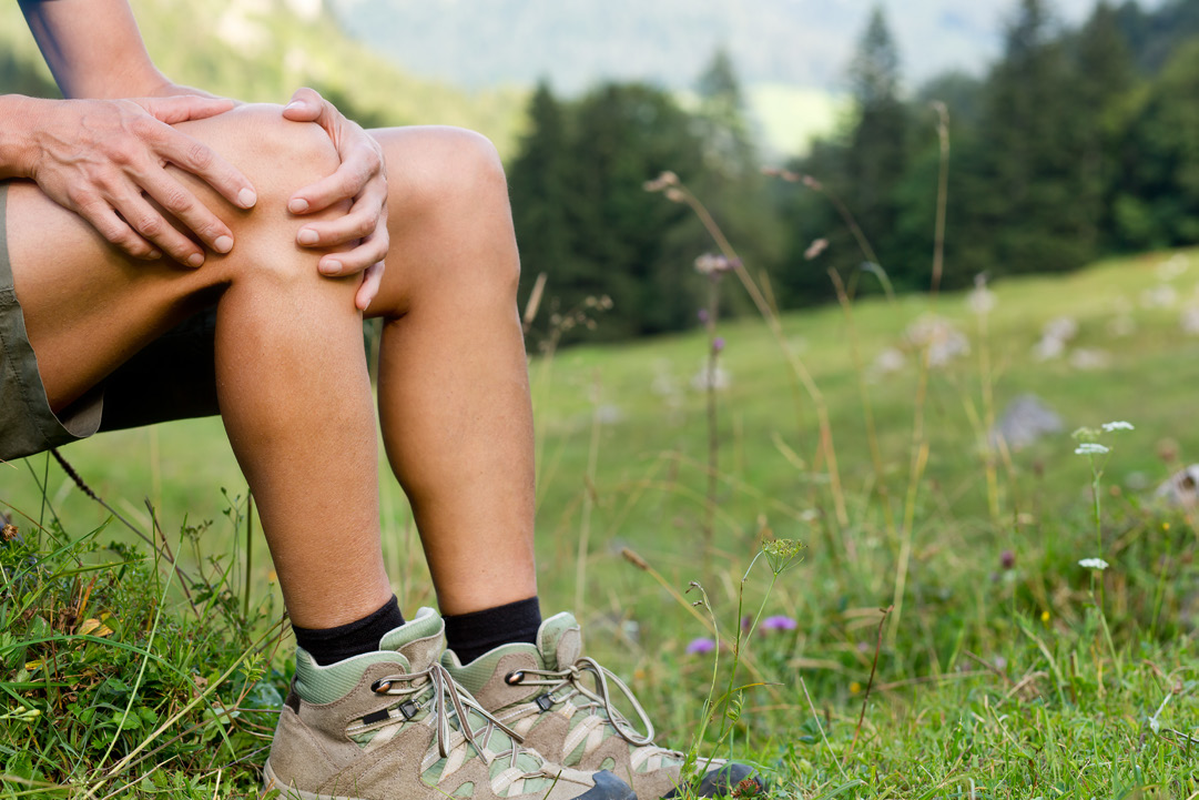NZ U-20 tour of Chile
Wed July 2nd 2025


The meniscus is a ‘wedge-like cushion’, which connects the bones of the knee together. Meniscal cartilages are shaped like the letter “c” at the inside and outside of your knee, providing a strong stabilizing tissue. The meniscus helps the knee joint carry weight, glide and turn in many directions. It also acts as a shock absorber and keeps the thigh bone and shin bone from grinding against each other. You may tear the meniscus when twisting the knee, pivoting and decelerating (in sport or through an accident).
After a meniscus injury when symptoms of inflammation set in, a patient’s knee will feel painful and over several days they may develop stiffness and tenderness in their knee joint. You may notice swelling around the knee. Without treatment, a fragment of meniscus could loosen and be floating in the knee joint. The knee may get stuck or give way.
We know that the knee is a complex group of joints, ligaments, menisci and muscles that need to work in the correct biomechanical pattern to help facilitate movements (such as in sport), but also to prevent injury from reoccurring.
The knee requires a strong stable base to function. Pain, spasm and inflammation will develop if you keep using your knee while you have an injured meniscus. This in turn causes you to develop poor movement patterns. Your walking / running style will be altered. Strength deficits will occur in your knee and the surrounding muscles and joints. These strength and biomechanical deficits will become a habit and you will be consistently in pain or your knee will frequently give way or feel unsteady.
Treatment of your meniscus will make you feel better. However, if you have the pain treated (massage, mobilization, medications, injection), but do not correct your knees biomechanics and strength deficits, you are only receiving a “temporary relief” from your pain, and it is likely that your pain will reoccur. This is only short-term relief, and not a long-term solution. It may very well be that you need to see a specialist for an opinion about surgery.
Need help tackling an injury or pain? Enter your name below to get started booking an appointment.